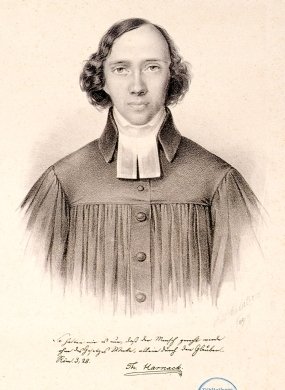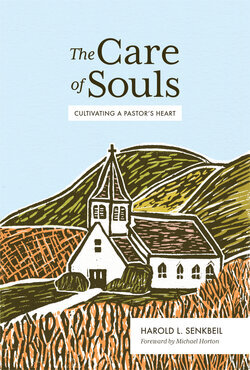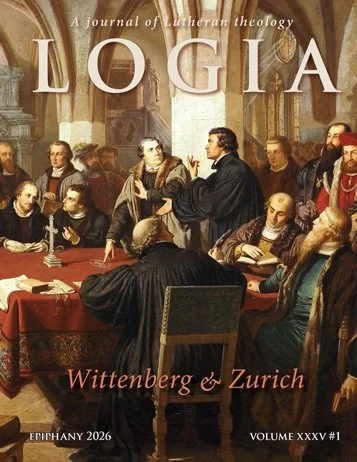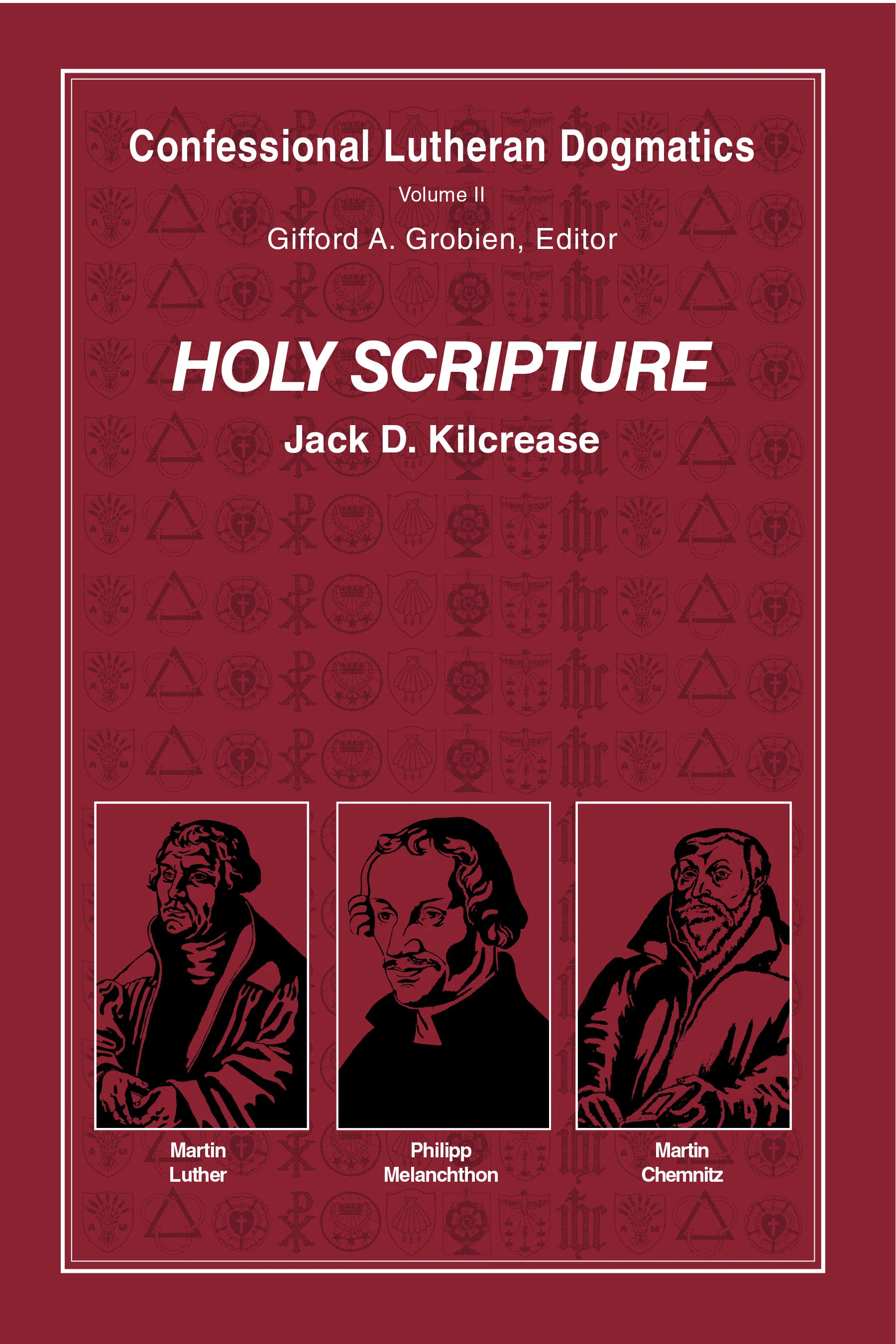LOGIA is published quarterly by The Luther Academy.
Latest from LOGIA

Until the last enemy is destroyed (1 Cor 15:26) death will remain a reality for the people of God. Death is, on the one hand, the enemy of the Christian. It is, on the other hand, an enemy that God turns to the good of his people, leading them through death to eternal rest. Blessed indeed are the dead, for they rest from their labors (Rev. 14:3).
Memoirs are more self-justification than documentary history, so they should be read in that light. Yet they still provide the raw material necessary for documentary history, and these memoirs fit the bill on both counts. David Scaer, longtime professor of systematic theology at Missouri Synod seminaries in Springfield, IL, and Fort Wayne, IN, occupies a chair in systematic theology ironically named after the holder himself. His career has spanned many tumultuous years within the denomination, from its controversial embrace of emerging German theologies in the 1950s when he was a seminarian to the tensions leading to its splintering in the 1970s and the confessional resurgence (and corresponding opposition) of the 1980s and 1990s.
However, I submit that the possibility of Paul’s trying to limit the women’s disruptive speech at Corinth pushes our understanding off in directions that are speculative at best, and harmful at worst. For example, it should be highly offensive to women nowadays that the apostle apparently pillories them for being “chatty” at church—when Paul is concerned throughout the chapter with order (see especially 14:33a, 40). It plainly is not the case that the apostle singled out women for special censure (14:34a)—when he also enjoins “silence” upon any would-be tongue-speaker (if there is no one to interpret, 14:27-28), or prophet (if a revelation is made to another sitting there, the first should keep silent, 14:30).
In his 1526 German Mass, Luther acted with a stroke of liturgical brilliance in giving us the post-communion collect. It is the genuine “eucharistic prayer” of the Lutheran liturgy.
Restlessness. Easily distracted by extraneous stimuli. Diffi- culty in sustaining attention in tasks. Frequent shifts from one uncompleted activity to another. Often talking excessively. Can symptoms attributed to Attention Deficit Disorder (ADD) be characterized in the demeanor of a congregation?
When Lutheran seminarians learn about the controversy over the Lord’s Supper, it normally features Luther as protagonist and Zwingli as antagonist in a debate concerning the literal interpretation of the words of institution, all playing out in the public forum of 1529’s Marburg Colloquy. In her most recent book, Amy Nelson Burnett offers an alternative view …
If you asked the proverbial man on the street “What is a Pastor?”, you would undoubtedly get a wide swath of divergent and potentially confusing answers.
Memoirs are more self-justification than documentary history, so they should be read in that light. Yet they still provide the raw material necessary for documentary history, and these memoirs fit the bill on both counts. David Scaer, longtime professor of systematic theology at Missouri Synod seminaries in Springfield, IL, and Fort Wayne, IN, occupies a chair in systematic theology ironically named after the holder himself. His career has spanned many tumultuous years within the denomination, from its controversial embrace of emerging German theologies in the 1950s when he was a seminarian to the tensions leading to its splintering in the 1970s and the confessional resurgence (and corresponding opposition) of the 1980s and 1990s.











